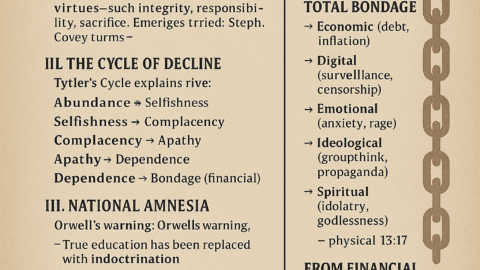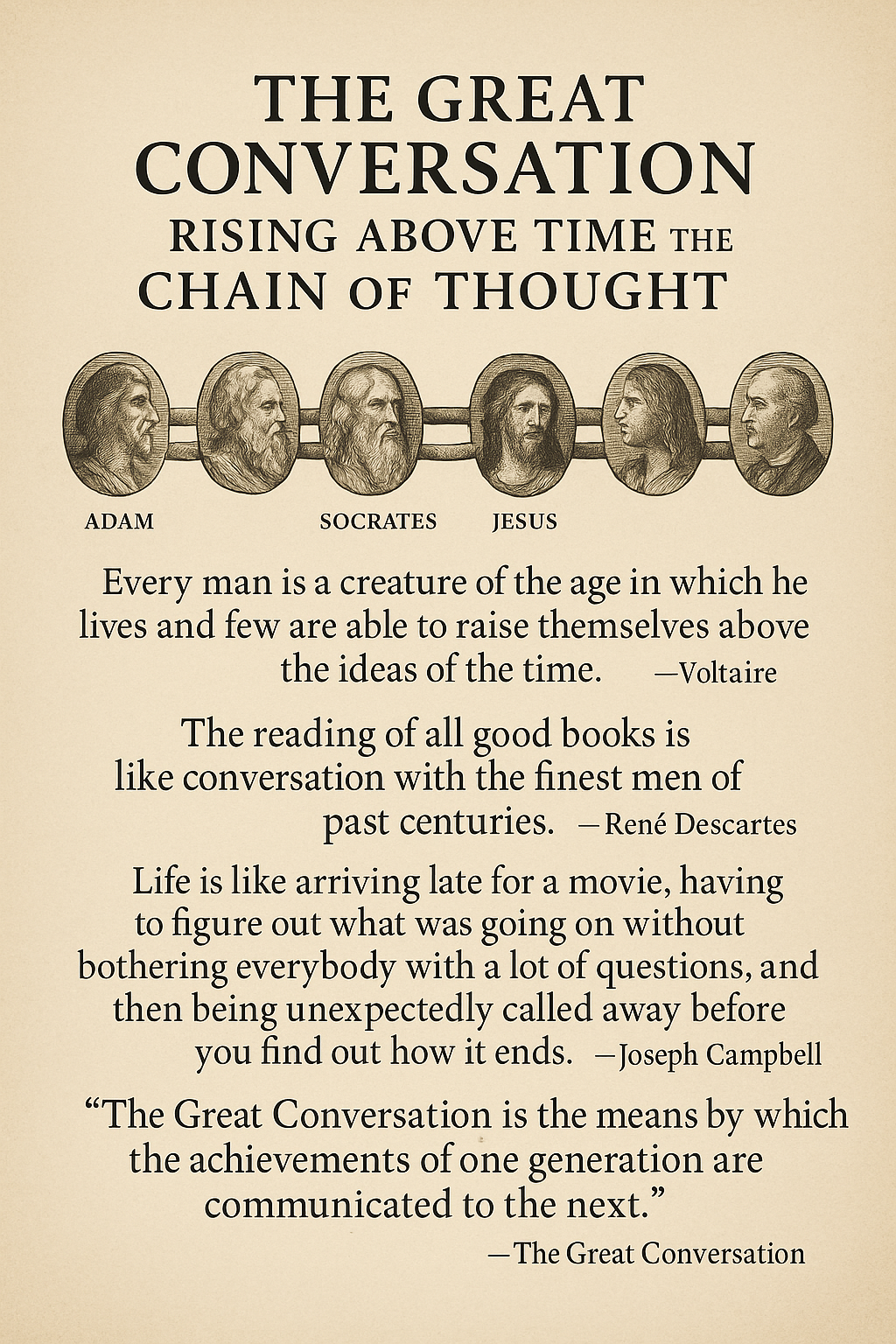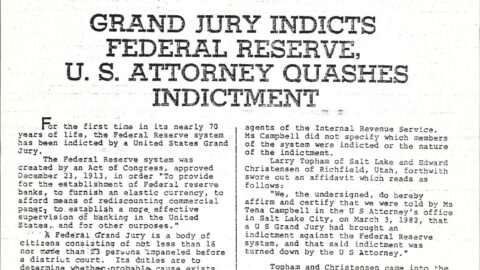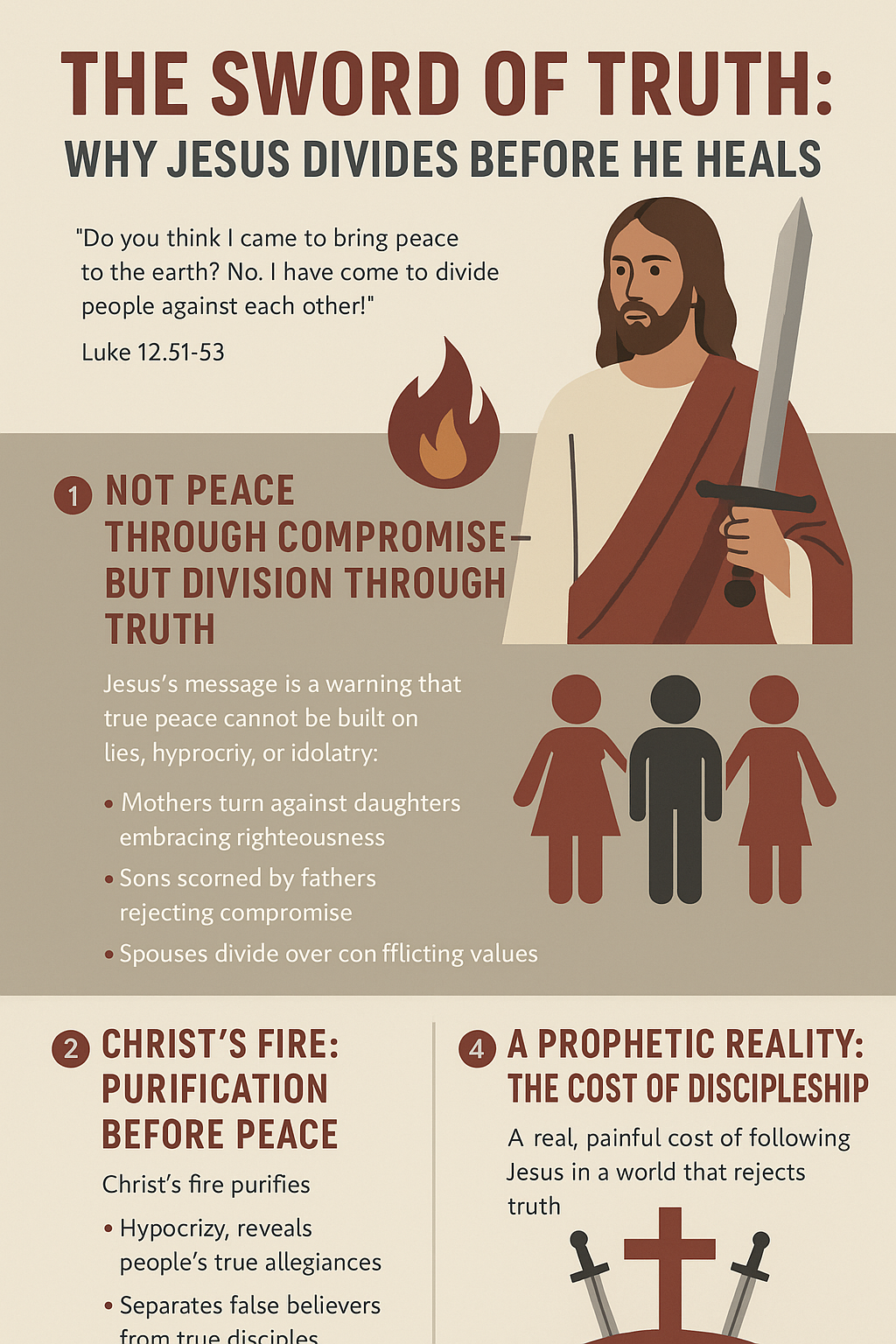A moral absolutist is someone who believes that there are universal, objective moral principles that apply to all people, at all times, and in all situations, regardless of cultural or individual differences. In other words, they believe in fixed moral truths that are not subject to personal opinion or societal norms.
Key Aspects of Moral Absolutism:
- Universal Moral Truths:
- Moral absolutists assert that certain actions are inherently right or wrong, no matter the circumstances. For example, they might argue that lying, stealing, or murder is always morally wrong, regardless of whether the act is culturally accepted or personally justified.
- Objective Standards of Morality:
- Unlike moral relativists, who believe that moral judgments are shaped by context or individual preferences, moral absolutists hold that there are objective moral standards. These standards exist independently of human opinion and are binding on everyone. They believe moral truths can be discovered through reason, religion, or other sources.
- No Exceptions:
- In the absolutist view, moral rules apply in all situations without exceptions. For instance, if killing is deemed morally wrong, it is wrong in every situation, even in cases like self-defense or war, according to a strict interpretation of absolutism. However, some absolutists may allow for exceptions based on moral hierarchies or different interpretations of specific situations.
- Moral Clarity:
- Moral absolutists often argue that their position provides clear and consistent guidelines for behavior. With fixed rules in place, there is little ambiguity in determining whether an action is right or wrong. This clarity can lead to strong moral convictions and a sense of moral certainty.
Examples of Moral Absolutism:
- Religious Beliefs: Many moral absolutists draw their ethical beliefs from religious teachings, such as the Ten Commandments in Christianity, which are seen as universal moral laws given by a divine authority. For instance, “Thou shalt not kill” is seen as a command that holds true in all circumstances.
- Human Rights: A moral absolutist might argue that certain rights, such as the right to life or freedom from torture, are universally valid, regardless of cultural or societal context. This perspective often underlies global human rights movements.
Criticisms of Moral Absolutism:
- Rigidity and Lack of Flexibility:
- Critics argue that moral absolutism can be too rigid and fails to account for the complexity of real-world situations. For example, an absolutist stance might condemn lying under any circumstances, even in a situation where lying could save someone’s life (e.g., lying to protect someone from harm).
- Cultural Insensitivity:
- Moral absolutism is sometimes criticized for being culturally insensitive or ethnocentric, as it imposes a single set of moral principles across diverse societies. Critics say this can lead to moral imperialism, where one culture’s morals are seen as superior to others’.
- Challenges of Moral Dilemmas:
- Absolutists can struggle with moral dilemmas, where two or more absolute moral rules conflict. For instance, a situation might arise where one must choose between telling the truth (which might cause harm) and lying to protect someone. In such cases, moral absolutism can seem too inflexible to resolve the conflict satisfactorily.
- Changes in Moral Understanding:
- Over time, human understanding of morality can evolve. Critics argue that moral absolutism fails to account for moral progress, such as the abolition of slavery or the recognition of gender equality, which challenge previously accepted “absolute” moral truths.
Summary:
A moral absolutist believes in unchanging, objective moral principles that apply universally, regardless of context or culture. While this view provides clear moral guidelines and supports the idea of universal rights, it is often criticized for its rigidity and lack of flexibility in handling complex moral dilemmas or differences between cultures.







